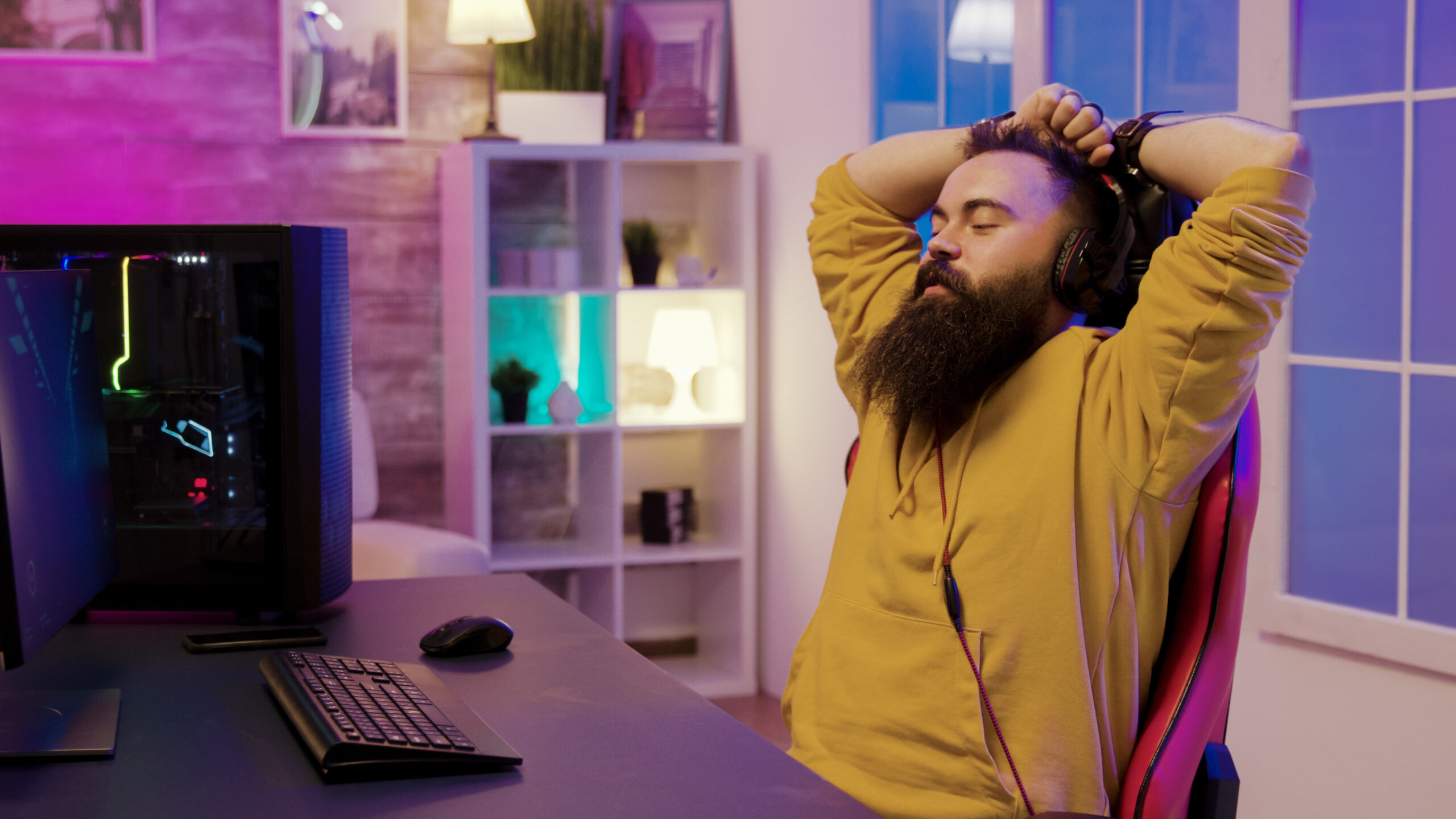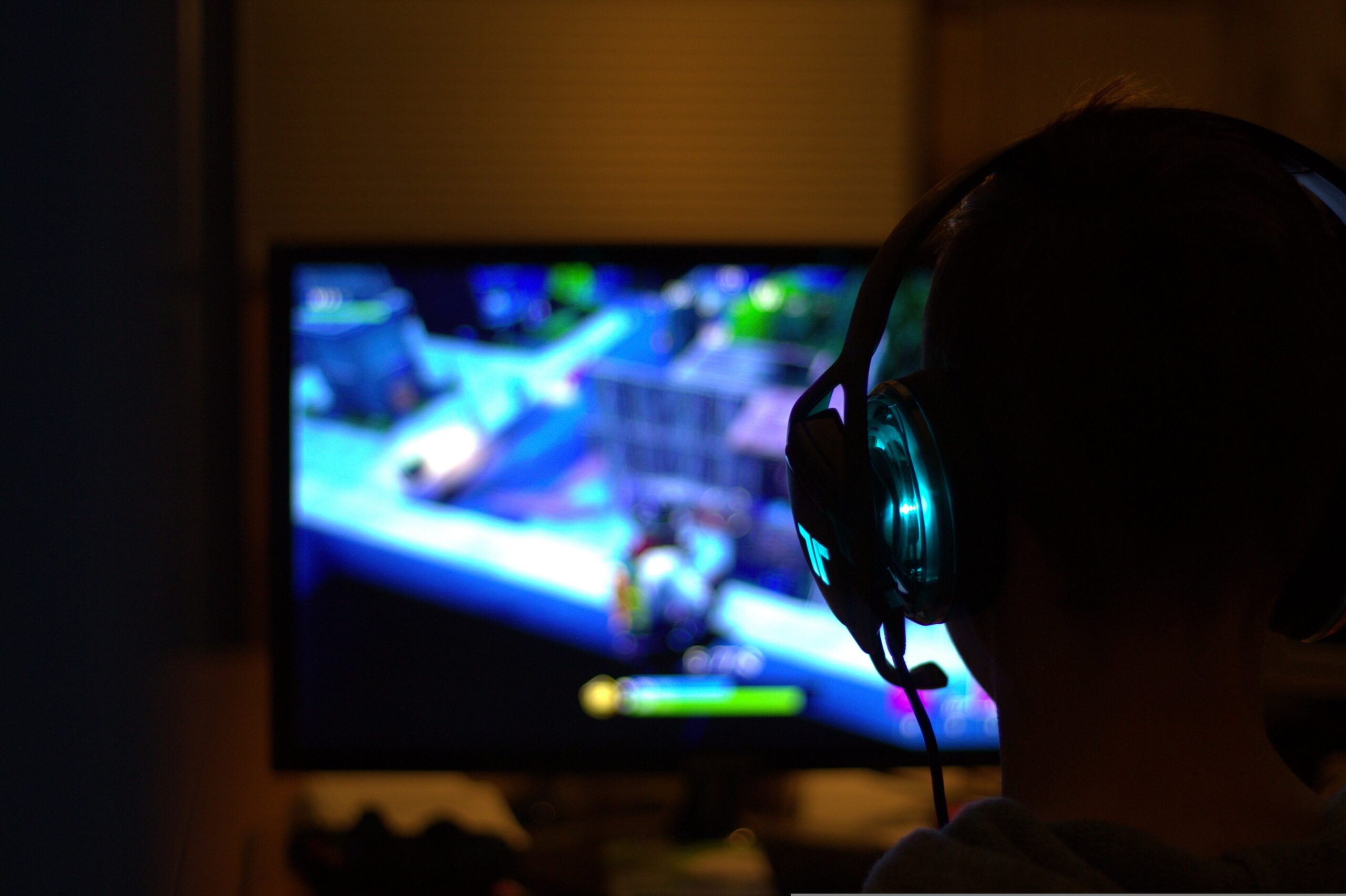Tilting in Gaming: Understanding the Meaning and How to Overcome It
Ever had a gaming session where everything seemed to go wrong, and frustration took over? That overwhelming feeling is what gamers call being “tilted.” It’s not just about losing—it’s an emotional state where irritation clouds judgment and impacts performance.
I’ve seen how tilt can turn a fun experience into a spiral of mistakes, and it’s something every gamer faces at some point. But understanding what it means and how it affects gameplay is crucial for keeping your cool and staying in control. Tilt isn’t just a gaming term; it’s a mindset that can make or break your performance.
What Does Tilted Mean In Gaming?
Tilted refers to a mental or emotional state where frustration or anger disrupts a player’s ability to make rational decisions during a game. This term originates from poker but is widely used in gaming communities to describe players who lose composure after negative outcomes like losses, poor plays, or in-game setbacks.
Feeling tilted often results in poor decision-making and impulsive actions that worsen performance. For example, a player might ignore strategy in favor of reckless moves, leading to even more mistakes. This creates a feedback loop where emotions drive gameplay, further reducing control and effectiveness.
Tilted behavior varies by individual but typically affects communication, focus, and teamwork in multiplayer games like League of Legends or Fortnite. Recognizing this state early helps mitigate its impact.
The Origins Of Tilted In Gaming
The term “tilted” originated outside of video games but evolved to encompass emotional imbalance in competitive gaming. Understanding its development provides insight into its relevance today.
How The Term Developed
The word “tilt” first emerged in poker, describing players’ emotional reactions impairing their decision-making. Frustration over losses often led to reckless bets, creating a parallel to gaming scenarios. As gaming communities grew, this concept found new aplications in multiplayer video games, where emotional control directly affects performance.
The borrowing of “tilt” bridged the competitive nature of poker and video games. Both environments reward composure and punish impulsivity, making the term relatable across contexts. Strategies to avoid tilt became a topic of discussion in gaming, highlighting its pervasive impact.
Influence Of Competitive Gaming
Competitive gaming magnified the implications of being tilted. Matches in esports, ranked multiplayer games like “League of Legends,” or fast-paced shooters such as “Valorant” often turned on players’ ability to cope with pressure. Losing streaks or mistimed plays escalated frustration, making tilt a recognizable state.
With high stakes and constant peer evaluation, competitive players faced unique challenges managing emotions. Tilted behavior hindered coordination and strategic clarity, risks that professional teams actively addressed through psychological coaching and team-focused exercises.
The rise of streaming platforms like Twitch further exposed the phenomenon. Watching pros and amateurs battle tilt during live matches connected viewers to the emotional realities of gaming, reinforcing its prevalence in the gaming culture.

Bearded man after wining at online gaming. Man wearing headphones while playing video games.
Impact Of Being Tilted On Gameplay
Tilted gameplay often results in decreased effectiveness and disrupts both individual and team dynamics. The emotional state directly affects decision-making and execution during matches.
Effects On Performance
Tilt undermines a player’s ability to focus, leading to poor decision-making and reduced mechanical precision. Errors like missing crucial shots, overextending during battles, or failing to adapt strategies become more frequent. In multiplayer settings, tilted players often neglect teamwork, creating communication gaps or failing to respond to coordinated plays effectively. Over time, prolonged tilt can erode ranked progress or diminish standing in competitive environments.
Emotional And Psychological Consequences
The emotional aftermath of being tilted includes frustration, self-doubt, and a lack of enjoyment during play. Persistent tilt can foster negativity, discouraging players from learning from defeats. This mindset may heighten stress levels, while repeated exposure impairs a player’s confidence and willingness to re-engage with high-pressure situations. In extreme cases, chronic emotional strain due to tilt may contribute to gaming burnout or negatively affect real-life interactions.
Recognizing Tilted Behavior In Players
Tilted behavior often manifests in noticeable changes in how players act, communicate, or make decisions during gameplay. Identifying these signs early can help prevent further decline in performance.
Common Signs Of Tilting
Tilted players often display consistent patterns that reflect emotional distress or frustration:
- Aggressive Communication: Players might blame teammates, use derogatory language, or argue unnecessarily in chat or voice channels.
- Risky Decision-Making: They may rush into unfavorable engagements or ignore strategic objectives, prioritizing revenge or damage over winning.
- Reduced Focus: Gameplay becomes erratic, with players missing routine mechanics like aiming, movement, or resource management.
- Isolation: Tilted individuals often disconnect socially by refusing to collaborate or ignoring team strategies, worsening team morale.
- Frequent Mistakes: These include poor positioning, forgetting cooldowns, or misusing power-ups due to impulsiveness.
Examples From Popular Games
Specific examples from well-known games highlight how tilted players behave under pressure:
- League of Legends: A tilted player may abandon lane assignments to chase kills, spam chat, or intentionally feed the opposing team.
- Counter-Strike: Global Offensive: Instances include missing key shots due to frustration, excessively shouting at teammates, or rushing objectives without coordination.
- Fortnite: Players might tunnel vision on retaliation after being eliminated multiple times, ignoring resource gathering or safe zone positioning.
- Overwatch: A tilted tank might refuse to protect their healer or break formation, leading to team wipes and reduced synergy.
Recognizing these behaviors helps address tilt before it spirals out of control—whether through self-awareness or offering support to affected teammates.

Strategies To Avoid Or Overcome Being Tilted
Preventing or recovering from tilt in gaming is essential to maintaining performance and enjoyment. Applying practical methods helps to manage emotions and regain focus during gameplay.
Techniques For Staying Calm
Maintaining composure under pressure supports better decision-making and gameplay consistency. I often use deep breathing to stabilize emotions by taking slow, controlled breaths to reduce stress. Setting realistic goals for each session, like improving specific skills or strategies instead of winning every match, helps manage expectations. In tense moments, I focus on positive self-talk, reminding myself of past successes and reframing setbacks as learning opportunities. Lowering in-game volume or muting toxic players minimizes external triggers that can escalate frustration. Re-centering focus on controllable aspects, such as personal gameplay improvement, counteracts emotional distractions.
Importance Of Breaks And Perspective
Short breaks between matches reset emotional balance and prevent frustration from compounding. I step away from the screen, stretch, or engage in a non-gaming activity to clear my mind. If I’m in the middle of a significant losing streak, I shift my focus off performance to avoid spiraling negativity. Viewing setbacks as temporary, I remind myself that losing is a shared experience for all players and part of the improvement process. Reflecting on long-term growth instead of individual losses reinforces my motivation and reduces the immediate emotional impact of tilt.
Conclusion
Tilt is an inevitable part of gaming, but it doesn’t have to define your experience. By recognizing its signs and understanding its impact, you can take proactive steps to manage your emotions and maintain control. Whether you’re a casual player or a competitive gamer, staying mindful of your mental state can make all the difference in how you perform and enjoy the game.
With the right strategies, like taking breaks, focusing on self-improvement, and minimizing triggers, you can turn frustrating moments into opportunities for growth. Gaming should be fun and rewarding, so don’t let tilt take that away from you.
Frequently Asked Questions
What does “tilt” mean in gaming?
Tilt refers to an emotional state in which frustration or anger negatively impacts a player’s judgment, decision-making, and performance. It originates from poker and is now widely used in gaming to describe when a player loses composure after setbacks.
How does tilt affect gameplay?
Tilt can result in poor decision-making, reduced mechanical precision, and impaired teamwork. It often leads to impulsive mistakes, communication breakdowns, and a decline in both personal and team performance, worsening gaming outcomes.
What causes tilt in gaming?
Tilt is often triggered by losing streaks, underperforming teammates, external distractions, toxic interactions, or high-pressure situations. Emotional reactions to these triggers disrupt a player’s ability to stay focused.
How can I recognize when someone is tilted?
Signs of tilt include aggressive communication, reckless decision-making, frequent mistakes, reduced focus, and social withdrawal. In multiplayer games, tilted players may neglect teamwork or become uncooperative.
How can I stop feeling tilted during a game?
Take deep breaths, pause for a short break, and refocus on controllable aspects of gameplay. Muting toxic players, setting realistic goals, and practicing positive self-talk can also help regain composure and enjoyment.
Does tilt only occur in competitive gaming?
No, tilt can occur in casual and competitive gaming environments. However, it’s more common in high-pressure settings like ranked matches or esports, where performance stakes are higher.
What are the long-term effects of chronic tilt?
Chronic tilt can lead to gaming burnout, loss of enjoyment, and negative impacts on mental health. It may also strain personal relationships and reduce a player’s willingness to learn and improve over time.
Are there popular examples of tilt in gaming?
Yes, examples of tilt can be seen in games like League of Legends, Counter-Strike: Global Offensive, Fortnite, and Overwatch. Players often exhibit reckless plays, poor communication, or anger after mistakes in these games.
How does tilt affect teamwork in multiplayer games?
Tilt disrupts communication and collaboration in team-based games. Tilted players may become unresponsive, blame others, or focus solely on their own frustrations, creating a negative atmosphere for the entire team.
What are effective strategies to prevent tilt?
To prevent tilt, try to set realistic expectations, mute toxic players, and take breaks when needed. Focus on personal growth rather than immediate results and view setbacks as opportunities to learn and improve your skills.
